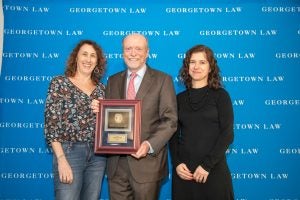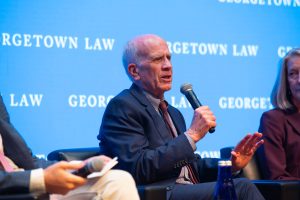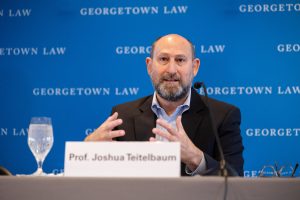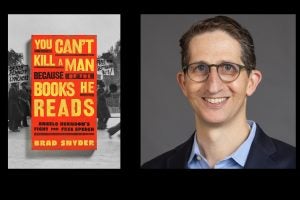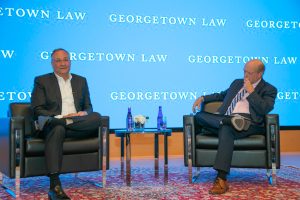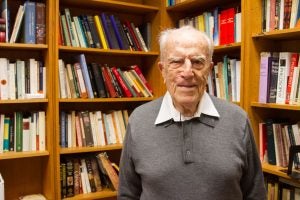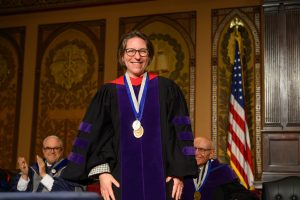
What I’m Working On: Professor Eloise Pasachoff on Federal Appropriations Power
August 12, 2025 Campus News Faculty Legislation and Administrative Law What I'm Working OnFor Professor Eloise Pasachoff, legal scholarship isn’t just a means of understanding executive spending power and appropriations law — it’s a way to improve the processes at the core of government.



